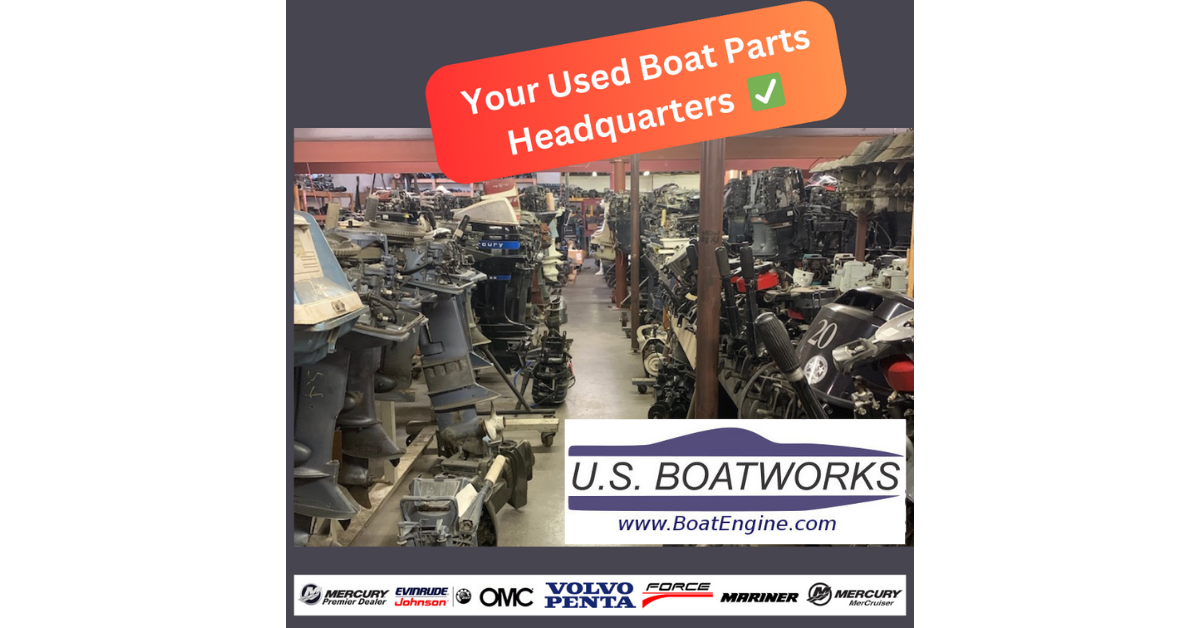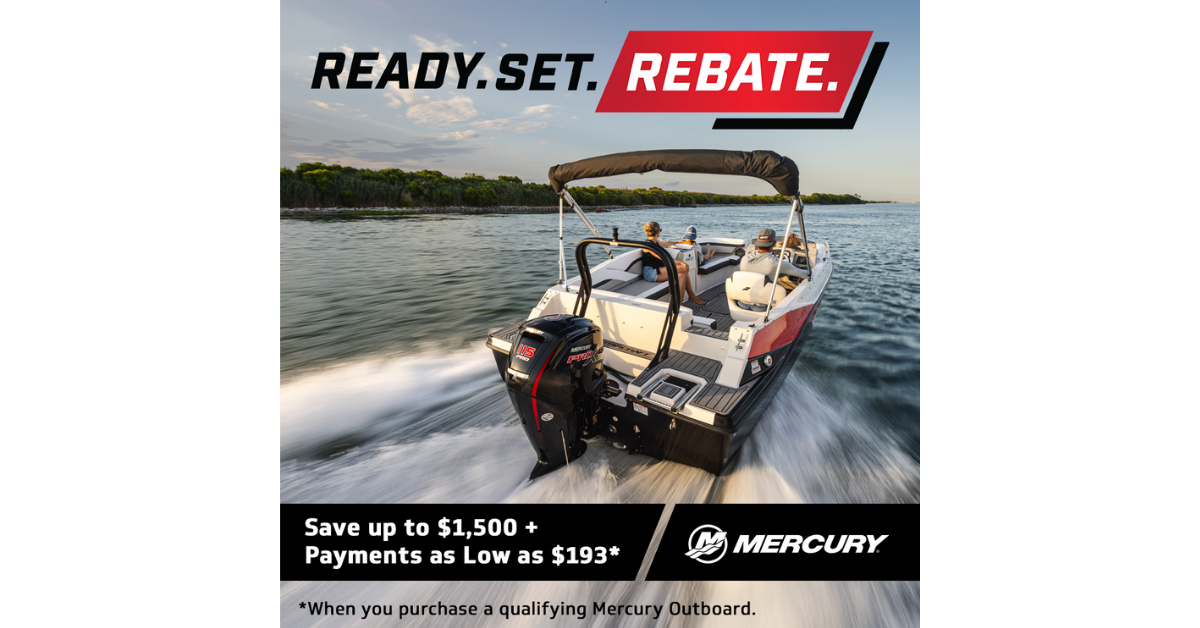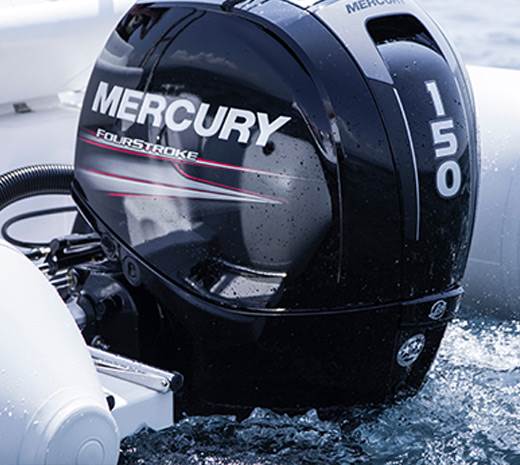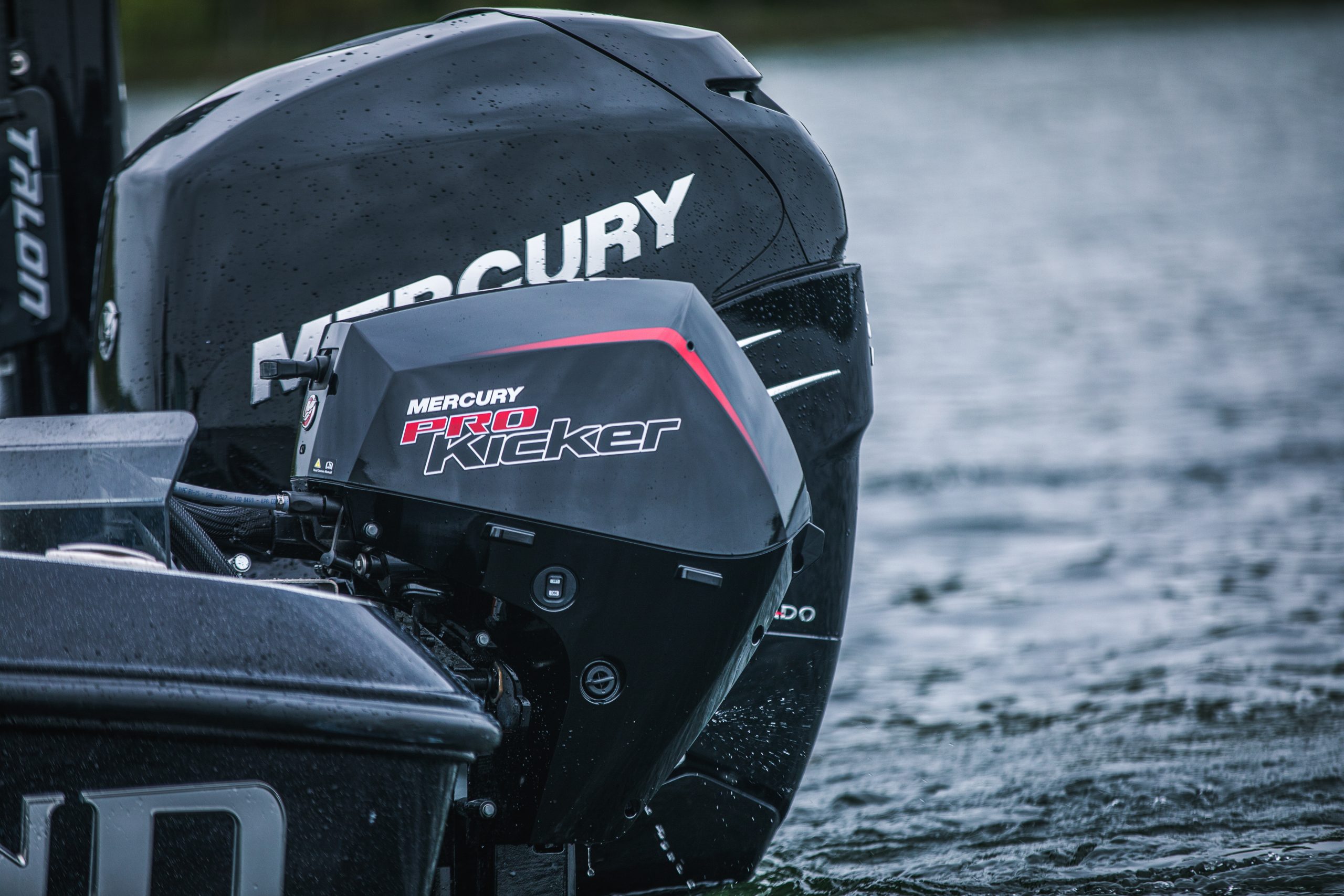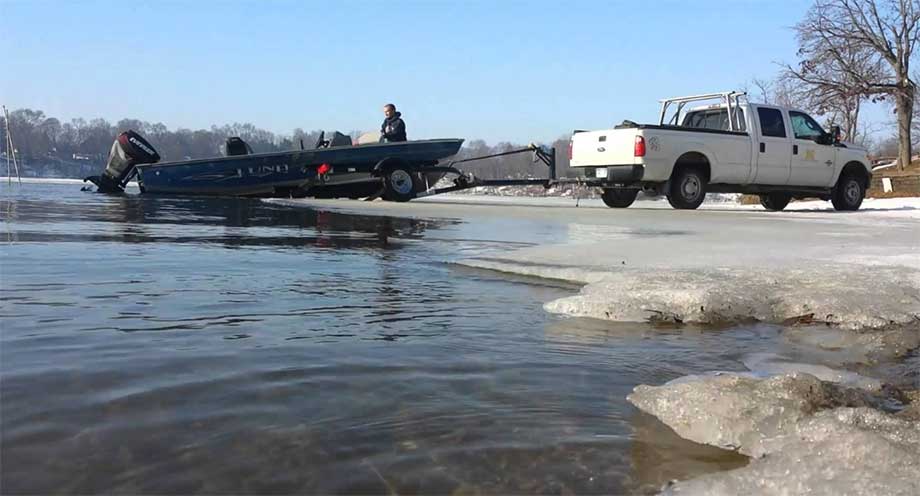What is boat Winterization and why it's necessary for your engine
The Risks of Not Winterizing Your Outboard or Sterndrive
Failing to winterize your outboard or sterndrive engine can lead to a host of problems, some of which can be extremely costly and time-consuming to fix. Here’s a closer look at the specific risks you take when you skip this important maintenance step:
Freezing Damage
Water can get trapped inside various parts of your engine, including the cooling system, lower unit, and other internal areas. When temperatures drop below freezing, this water freezes and expands. The pressure from the expanding ice can crack critical components, leading to significant damage. Here are some examples:
- Cracked Engine Blocks: Your engine block is the heart of the system. When trapped water freezes, it can cause cracks in the block. These cracks may be so severe that the engine becomes unusable and needs to be replaced, which can cost thousands of dollars.
- Damaged Cooling System: The hoses and channels in the cooling system are also vulnerable to freezing. These parts can split or burst, preventing your engine from staying cool when it runs again.
- Gear Case Seal Damage: Freezing can compromise the seals in your lower unit, allowing water to seep into the gear case. Over time, this water will mix with the lubricant, leading to corrosion and further mechanical problems.
Why It Matters: The cost of repairing or replacing these damaged parts can far exceed the simple process of draining water and adding antifreeze during winterization.
Corrosion and Rust
Engines are particularly vulnerable to rust and corrosion during periods of inactivity, especially when they are stored in humid conditions or have residual saltwater on or inside them. Here’s how corrosion can damage your engine:
- Internal Metal Components: Parts like pistons, valves, and connecting rods can seize up or wear down due to rust. Once these internal parts corrode, they can cause permanent damage, making the engine difficult or impossible to repair.
- Electrical Systems: Corrosion on electrical terminals, connectors, and wiring can lead to poor performance or complete failure of electrical components such as ignition systems.
- Gear Case Corrosion: The lower unit gears, which are critical for transferring power from the engine to the propeller, are also at risk of corrosion. Over time, this can lead to gear failure, making it impossible to drive the boat.
Why It Matters: Rust and corrosion don’t just cause damage—they spread over time. A small issue left unchecked during winter storage can turn into a major problem that requires significant repairs.
Fuel Degradation
Fuel left in your tank or system over the winter can degrade and cause serious issues when it’s time to start your engine again. This is especially true for fuel that contains ethanol, as it absorbs water from the air. Here are the common problems caused by untreated fuel:
- Gum and Varnish Build-Up: As fuel sits unused, it can thicken and form deposits that clog fuel injectors, carburetors, and fuel lines. These blockages make it harder for the engine to start and run properly.
- Phase Separation: Ethanol-blended fuel absorbs water over time, which can separate from the gasoline and settle at the bottom of your fuel tank. When the engine draws in this water-laden fuel, it can cause poor performance, engine misfires, or damage to the fuel system.
- Fuel Tank Corrosion: Water in the fuel tank can lead to rust inside the tank, further contaminating the fuel system.
Why It Matters: Cleaning or repairing a clogged fuel system can be expensive and time-consuming. Adding a fuel stabilizer during winterization prevents these issues entirely.
Costly Repairs
The financial impact of skipping winterization can be enormous. Repairs caused by freezing, corrosion, or degraded fuel can quickly add up. For example:
- Cracked Engine Block: Repairing or replacing a cracked engine block can cost anywhere from $2,000 to $10,000 or more, depending on the severity of the damage.
- Lower Unit Rebuild: Fixing a damaged lower unit can cost several thousand dollars, especially if gears or seals need to be replaced.
- Fuel System Cleaning: Flushing and repairing a fuel system clogged by old fuel or deposits can cost hundreds of dollars in parts and labor.
Why It Matters: These avoidable repair costs make the relatively low cost of winterizing your engine seem like a no-brainer.
Decreased Engine Lifespan
Engines that aren’t properly winterized are exposed to a variety of harmful conditions that shorten their lifespan. Over time, repeated exposure to freezing, rust, and fuel-related issues will cause more frequent breakdowns and reduce overall performance.
- More Frequent Repairs: Without winterization, you’ll likely experience more wear and tear, leading to regular and costly maintenance.
- Reduced Efficiency: A poorly maintained engine will use more fuel and deliver less power, impacting your boating experience.
Why It Matters: A properly winterized engine can last for many years, providing reliable performance and saving you money in the long run.
Downtime During Boating Season
One of the most frustrating consequences of neglecting winterization is discovering engine problems just as the boating season starts. Instead of hitting the water, you might find yourself stuck in a repair shop waiting for parts or dealing with delays.
- Unplanned Repairs: These often happen at the worst possible time, such as the start of summer when demand for repair services is high.
- Lost Boating Days: The time spent fixing issues could have been spent enjoying your boat.
Why It Matters: A little effort before winter ensures that your boat is ready to go as soon as the weather warms up.
Conclusion: Why Risk It?
Skipping winterization might save a little time or money upfront, but the potential risks far outweigh the convenience. From freezing damage and corrosion to costly repairs and shortened engine life, the consequences can be significant. Taking the time to winterize your outboard or sterndrive is a small investment that pays off by keeping your engine in top shape and avoiding unnecessary stress when the boating season returns.
What is boat winterization, and why is it important?
Boat winterization is the process of preparing your outboard or sterndrive engine for cold weather and long-term storage. It involves steps like draining water, stabilizing fuel, and protecting internal parts from corrosion. This process prevents freezing damage, rust, and costly repairs, ensuring your boat is ready to use when the boating season returns.
What happens if I don’t winterize my boat motor?
Skipping winterization can lead to severe problems like cracked engine blocks, damaged cooling systems, and rusted components. Water left in the engine can freeze and expand, causing significant damage. Fuel can also degrade, clogging the system. These issues can result in expensive repairs or even engine replacement.
How do I winterize an outboard or sterndrive engine?
It’s safest to have a trained professional winterize your boat to insure there will be no damage in the future.
To winterize your boat motor, clean and inspect it, flush the cooling system with fresh water, add a fuel stabilizer, drain water from the engine, and apply antifreeze. Fogging the engine and lubricating moving parts are also essential. Store the motor in a dry, safe location after disconnecting the battery.*
Always consult your engine owners manual before performing work on your motor.
*These steps are suggestions and do not guarantee your motor will be free from cold weather damage. we highly recommend you review our more detailed guide here.
Can I winterize my boat motor myself, or should I hire a professional?
Many boat owners choose to winterize their engines themselves using a detailed guide and the proper tools. However, hiring a professional ensures the job is done correctly and can save time. Most dealers also offer a guarantee that it’s done right or they repair or replace your engine. For complex issues or large boats, professional winterization is recommended.
How does winterizing extend the life of my boat motor?
Winterizing protects your engine from freezing, rust, and fuel degradation, which are common causes of damage during storage. By preventing these issues, winterization reduces wear and tear, minimizes repair costs, and ensures your motor performs reliably for years to come.

